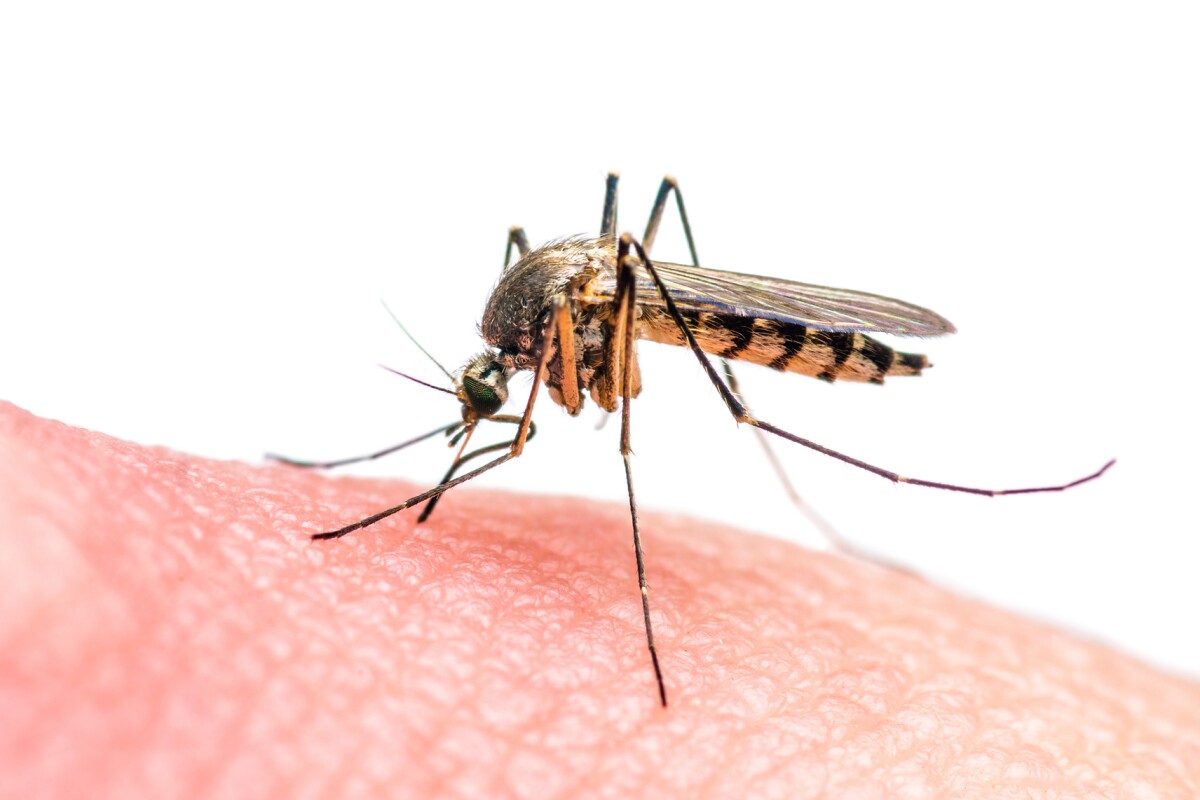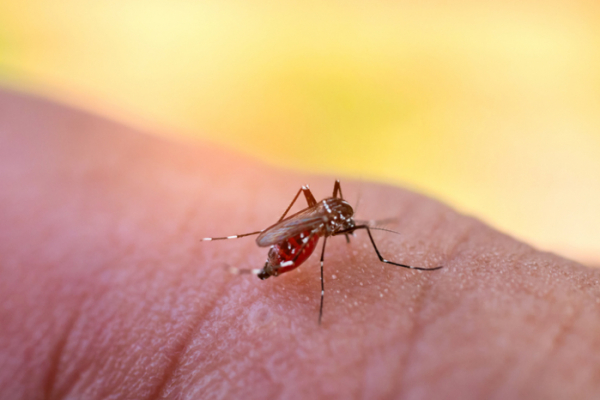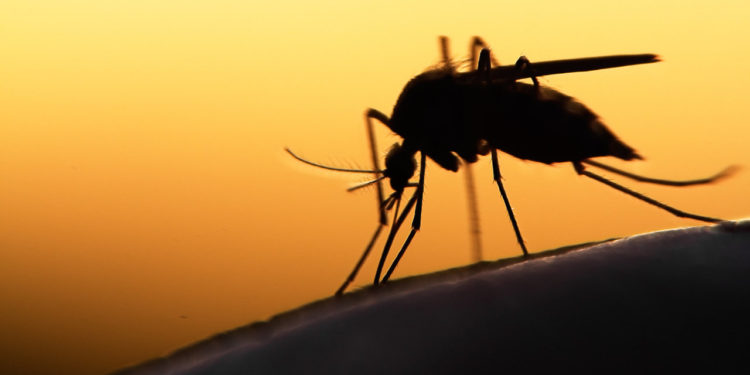The researchers genetically engineered an Anopheles gambiae mosquito which causes most of the malaria cases in the Sub-Saharan population, to pass on the gene responsible for infertility in female offspring that could wipe out their population. The study which has been published in Nature journal is dependent on a technology known as a gene drive, for the passing of the mutated genes in the females.
The team, consisting of molecular biologist Tony Nolan and vector biologist Andrea Crisanti, both working at the Imperial College London, identified three genes in Anopheles gambiae that are responsible for fertility in the females that when mutated, could lead to infertility.

For infertility in females, two mutated copies of the fertility gene, one for each chromosome must be present. While in males, the presence of the same mutated copies of the same gene seems to have no effect on their fertility.
If natural selection takes place, these females with two mutated genes would not breed while the healthy ones will continue to transfer the fertility genes to the offspring. This would not make any difference.

That is when gene drive comes to play. Gene drives, make sure that offspring that have inherited only one gene that is mutated, would automatically have their other gene-edited so that they end up with two mutations. As a result, infertility can spread rapidly through the entire population of malaria-carrying mosquitoes.
While the mutated mosquitoes could still carry the malaria parasite, they would have to breed with other malaria-carrying mosquitoes so that any new offspring that would have two mutated copies of the gene and would be unable to reproduce. This would make the host of the malaria parasite go extinct.
While many of the researchers find this as a breakthrough discovery, many experts believe that wiping out the whole species of mosquitoes is not a plausible option and it may upset the balance of nature. But Professor Nolan said that it would not cause much of an adverse effect as they are not targeting the whole population, but just the ones carrying malaria.

“There are approximately 3,400 different species of mosquitoes in the world and, Anopheles gambiae which is an important carrier of the malaria parasite, is only one of around 800 species of mosquito in Africa, so suppressing it in certain areas should not significantly impact the local ecosystem”, said Prof Tony Nolan.
Professor David Conway, an expert in malaria at the London School of Hygiene and Tropical Medicine said while the novel genetic drive mechanism can pass on these modifications, more study was needed to ensure that the genetically engineered mosquitoes don’t evolve resistance to the genetic modification.
Also Read: 5 Most Common Causes Of Erectile Dysfunction






























